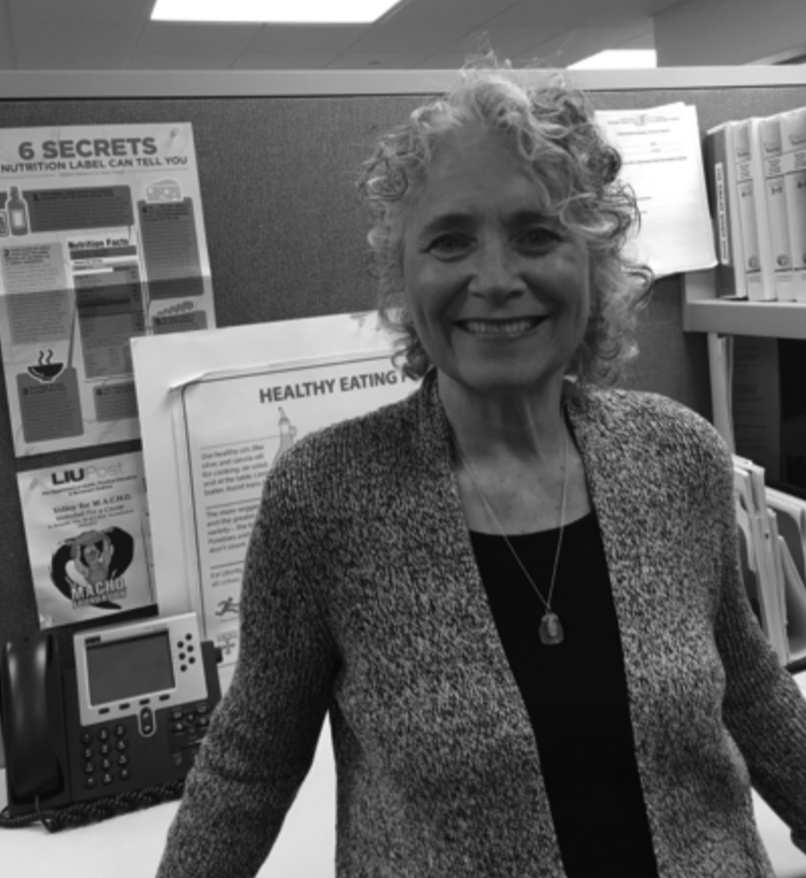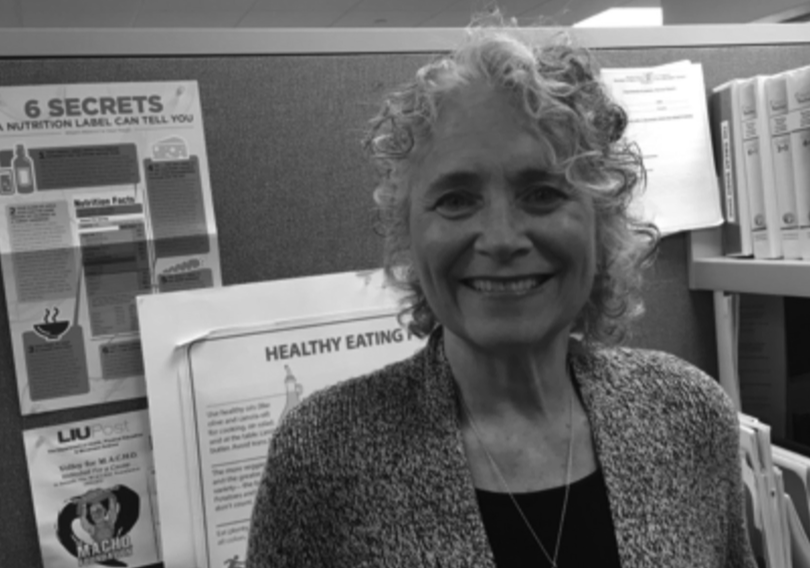By Alecia Sexton
Staff Writer
For college student, sleep is often a luxury. Many of us get up at 6a.m., skip breakfast, run to school, run to work, grab a quick meal on the road, go to practice or to a club, and then hunker down in the library. By that time, we are run down, hungry and exhausted, so what do we do? We grab a cup of coffee for that extra jolt and end up falling asleep way later than we should have, just to start it all again the next day. Sound familiar? If so, you might want to read this.
According to studies done by the National Sleep Foundation, sleep plays a crucial role in the body’s ability to retain old and create new memories. Properly going through the sleep cycles, which include N.R.E.M.,- non- rapid eye movement, and R.E.M.,- rapid eye movement,- for the correct amount of time (seven to nine hours) allows your subconscious mind to ‘study’ not only the memories and facts from that day, but also memories and information stored in long term. It’s a common misconception that the brain and body shut down and relax when we sleep. In fact they’re just as active as when we’re awake, making delta brain waves and stimulating the endocrine system to release vital rejuvenating hormones. Based on studies done by the American Psychological Association, students should think about sleep not as a time to rest, but as a necessary part of our day that’s required for the body to function and maintain proper consciousness.

Nana Koch, professor in the department of Health, Physical Education and Movement.
As reported by NCBI, an online public health journal, proper sleeping patterns also provide physical benefits. Sleeping serves as a block of time when your body engages in self healing. It’s a time where small muscle tears and strains are rebuilt and whole body in ammation from working out or stress is reduced. Studies have connected too little sleep and a failure to enter R.E.M. sleep to decreased metabolism, low muscle mass and an increase cravings for carbohydrates. Since the sleep cycle is guided by many hormones, failure to engage in proper sleep starts a full body cascade of reactions such as food cravings, depression, learning disabilities due to poor memory, higher BMI, and others.
In an interview with Nana Koch, a chairperson and associate professor in the department of Health, Physical Education and Movement Science, she reported that although she’s a night owl, she “gets between five and eight hours of sleep per night and makes sure to get to bed around 11p.m. on days when [she] knows it’s going to be an early morning.”
Considering Nana is in the ‘Adult range’ of needing between seven to eight hours of sleep, and since she has great energy, this is a good amount of time for her to rest for her individual body, especially taking into consideration the fact that when asked, “Do you crave caffeine throughout the day?”, she gave a firm “No.”, supporting the fact that her sleeping pattern is working for her.
Throughout the interview with Nana, I realized that one thing we as college students may overlook is the power of mid day naps. Nana said that if and when she “doesn’t feel completely rested, [she] takes a small nap to diffuse the drowsiness instead of stimulating [her] mind and body with caffeine.” Whether drowsiness hits in class, at home or in the car, ultimately it’s a safer move for both your body and the people around you to give into the exhaustion and rest rather that hype yourself up. I was glad to hear when asking the question “do you ever feel drowsy while driving?”, that Nana too experienced the occasional highway hit that I feel while commuting home from school. Considering she lives over sixty miles away and commutes everyday, pulling over for a twenty minute nap is the smartest solution and supports why Nana reports having “great energy throughout the day” and “[doesn’t] have a hard time recollecting information or simple facts” like so many of us as students do.
If you find yourself having a hard time concentrating, feel irritable, unexplainably sad or not finding the results you’re looking for at the gym despite effort, it might be time to consider your sleep schedule and adjust your life accordingly so that you can get to bed by 11 p.m. This has been shown to be the optimal time to go to bed in order to reach proper N.R.E.M. and R.E.M. cycles.



Be First to Comment